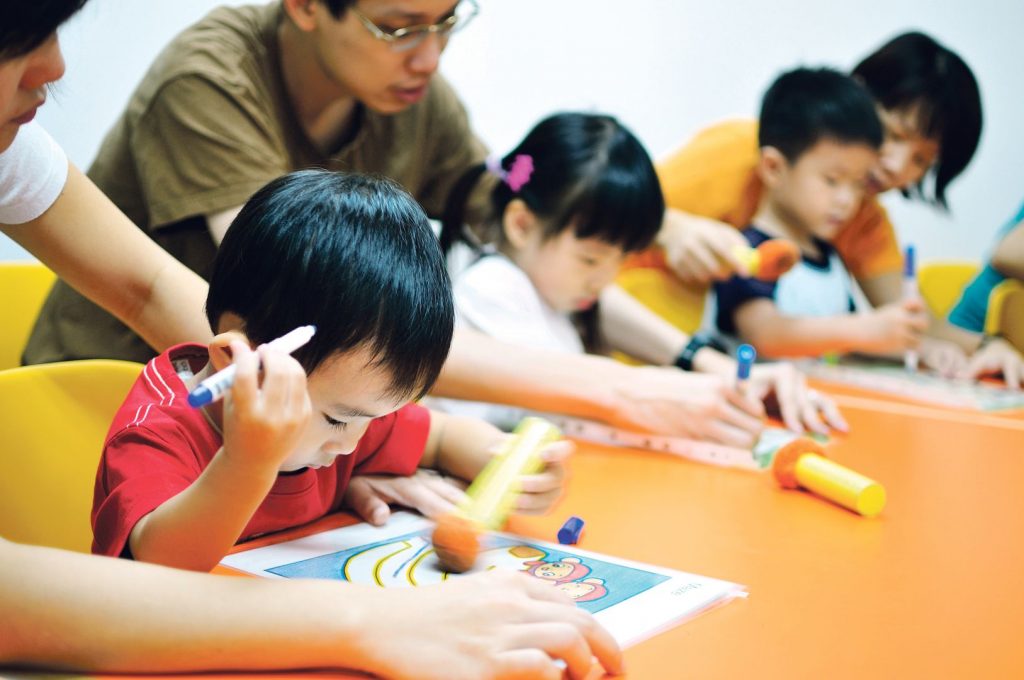
Importance of Skill Development for Children in Malaysia
Developing skills has become a necessity rather than a choice. It is vital to adapt, succeed and survive. In this era of ambiguity and disruptive trends, success depends on dealing with them effectively. One must understand future career awareness in parallel with maintaining an academic understanding of their field. To succeed in the future, skills and attitudes must adapt. People operate in an era wherein dealing with ambiguity, and disruptive trends is paramount to success. Continually evaluating one’s career ecosystem goes hand in hand with maintaining an academic awareness of one’s field. Success requires adapting skills and attitudes now, and Skills Development For Children Malaysia will prove even more critical in the years to come.
Why is skill development significant?
Skill development for children in Malaysia is necessary for several reasons. Observing and monitoring child development plays a vital role in ensuring that children reach their developmental milestones. Developmental milestones (an arbitrary list of developmental skills that are assumed to be mastered simultaneously across all children but are not always exact) act as a helpful guideline of typical development. The method allows parents to assess a child’s developmental progress at specific age markers against these arbitrary time frames, ensuring that their progress is roughly in line with their age. Even if the developmental milestones are not met, this check can detect any developmental hiccups early on.

A ‘check’ is typically conducted through child services and pediatricians during infant and toddler development, then preschool and school term assessment. Suppose a child’s developmental challenges are detected early (and early intervention is used if appropriate). In that case, the impact on the child’s skills development and confidence can be minimized, or it may be an indicator of a possible future diagnosis. Checklists of developmental milestones guide what is considered ‘normal’ within a given age range. They may help identify any areas in which a child might be delayed. It is essential to remember that despite the predictable sequence of child development, all children are unique in how they experience each developmental milestone and when they may meet them.
Conclusion
Children’s developmental difficulties can be caused by genetics, prenatal circumstances, a specific diagnosis or medical factor, and a lack of exposure to helpful stimuli. A specialist assessment (which may begin with the GP or Pediatrician and then contain Occupational Therapists, Speech Therapists, Psychologists, and Physiotherapists) can provide clarity about the developmental issues and extent of concern and help formulate a plan to overcome the challenge(s). Due to the complex nature of child development and the simultaneous development of multiple skills, skill development for children in Malaysia may ultimately be beneficial.

